Good concealed carry demeanor doesn’t mean being da meaner person—99.9% of the time
What does it mean to hold a CHL/CCL/CCW or whatever your state calls a concealed carry license? Legally speaking, unless the officials in charge made a big error (we see you, Florida), it means you passed a background check, at minimum. It means you can legally carry in some locations where others can’t, not legally anyway. It may mean that you went through mandatory training, and it may mean you demonstrated to a licensed instructor that you know how to safely handle a pistol or revolver.
What’s less understood and perhaps more important for readers of the Bravo Concealment blog is what holding a concealed carry license doesn’t mean. Unfortunately, there seems to be some misunderstanding on the part of some individuals, as demonstrated by certain news articles and items in the marketplace.
Lawful concealed carry—which includes carry in jurisdictions that don’t require a license--does NOT grant:
- legal protection against rounds that land on unintended targets;
- authority to enforce laws;
- a right to get involved in encounters that didn’t originally involve you;
- a pass on the obligation to train with and maintain your handgun.
If anything, lawful concealed carry is really a ticket to:
- be more courteous and compromising than the average person;
- say “no” to substances that might affect judgment or motor skills while carrying;
- become a student of violence who knows its signs, its avoidance, and mastery of multiple tools to counter it;
- make protection of self and loved ones a priority on a daily basis.
Let’s look at each of those items on the second set of bullets, and go a little deeper.
Courtesy and compromise are the willingness to avoid, tolerate, or escape situations that don’t necessitate the use of violence but could escalate in that direction. Especially if you’re the take-charge, direct-speaking type, those traits, which probably serve you well at work, can ruin some or all of your life in the face of avoidable violence. Consider the legally armed Florida man who, in 2018, took it upon himself to confront the driver of a car that was illegally parked in a handicapped space. With two disabled people in his family history, the man’s passion for accessible parking is understandable. However, the confrontation ended in a physical altercation in which the concealed carrier shot and killed the driver’s husband. A passion for legal parking, and unwillingness to just “let it go,” resulted in a manslaughter conviction and ruination of a legal gun-owning future, not to mention disruption in the lives of the families of both parties.
Saying “no” to judgment-altering substances while carrying seems like common sense. But I’ve discovered that too many people are subjective about their own medicines, whether prescribed by a physician or falling into the medical marijuana category. Any prescription drug with the “don’t drive or operate heavy machinery” warning is also likely to impair judgment and accuracy for shooting. And while many people defend their cannabinoid products as being free of THC, the mind-altering substance in marijuana, there is no regulatory agency testing these products to ensure that claim is true. Sure, tolerance to chronically-used drugs is real, and so is impairment. Be honest with yourself---how sure are you that you can exercise gun safety rules without fail and shoot accurately in an emergency after taking your substance of choice? It’s been said “there’s a lawyer attached to every round that leaves your muzzle,” and it’s true. There are no provisions under any law that I’m aware of to excuse you from unintended consequences of using a firearm while under the influence.
Prioritizing the security of yourself and your loved ones is a big hurdle for some. It sounds easy, but changing old habits like where you sit in public places, the way you interact with strangers, and possibly clothing style (to make daily concealment possible) are insurmountable for some. There are decisions to be made after getting a concealed carry license, or when putting a gun on either in a license-issuing or in a Constitutional carry state. Exactly how much time do you want to take retrieving or drawing your firearm? Does your family know and understand safe gun handling? Are you ready to carry every day, or do you just want to hope nothing bad happens on some days in order to go unarmed? These are questions to ask yourself, questions to come back to with each passing year to gauge where you are on the spectrum of violence preparation.
_ _ _
If you’re a longtime concealed carrier reading this, what would you add? What habits did you have to change to make daily concealment work for you?
Eve Flanigan is a defensive shooting and concealed carry instructor living in the American Southwest. Today she works full time as an instructor and writer in the gun industry. Flanigan loves helping new and old shooters alike to develop the skills needed to keep themselves and their loved ones safe.
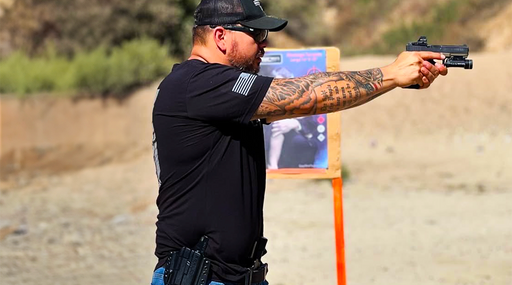
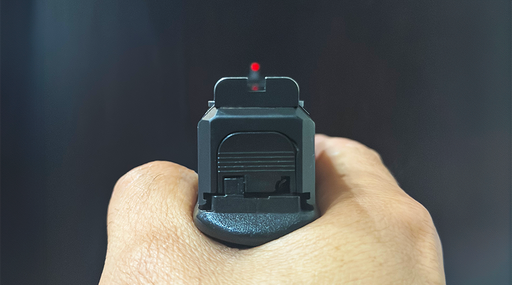
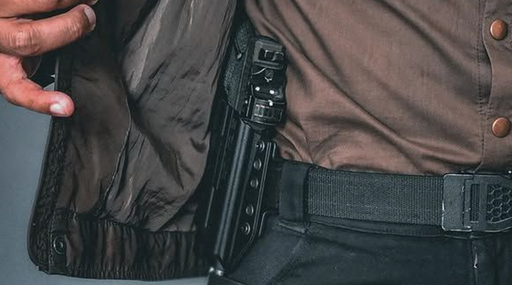
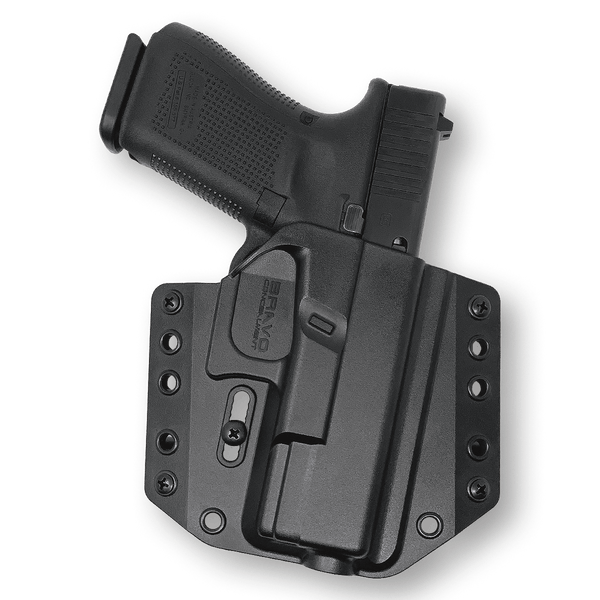
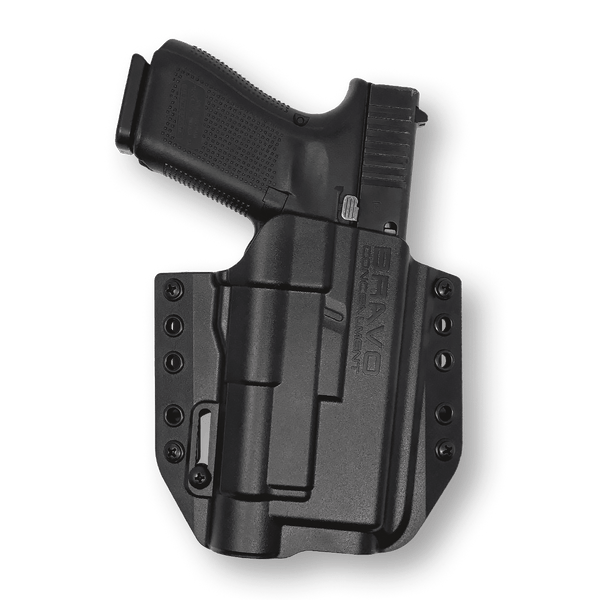
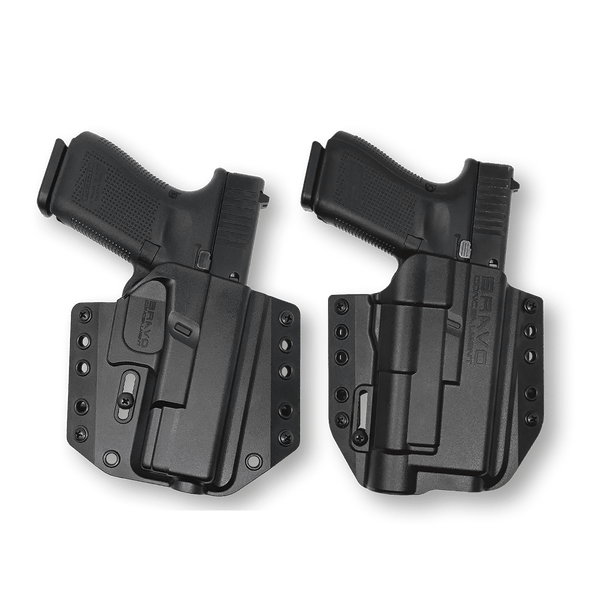
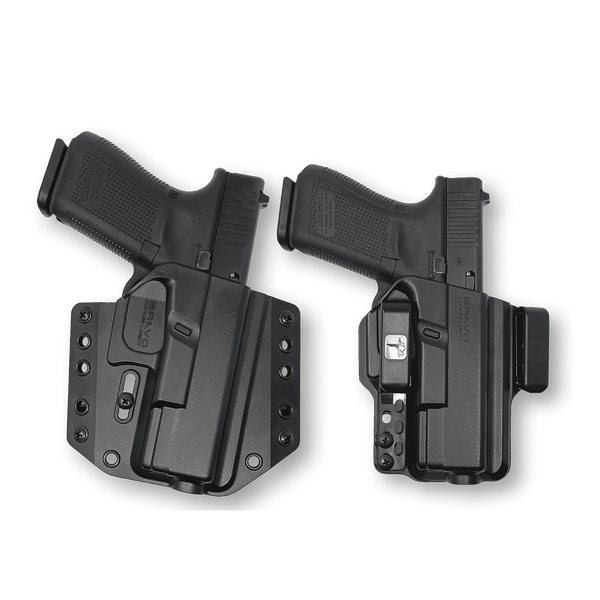
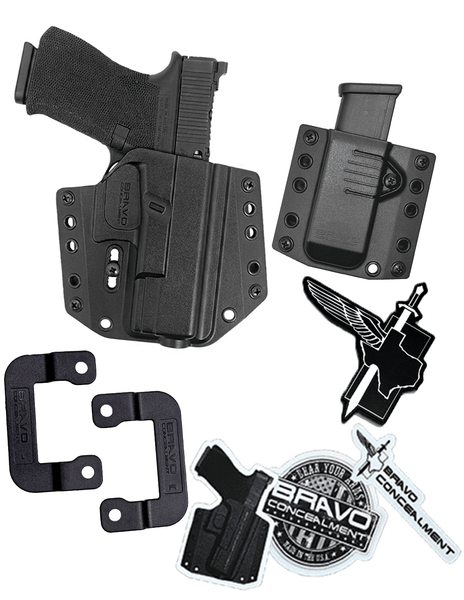
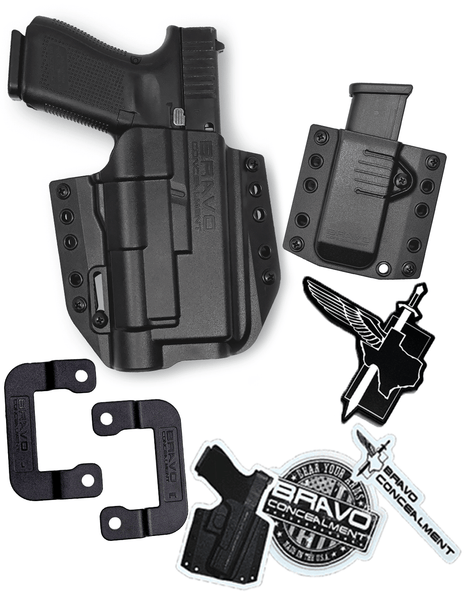
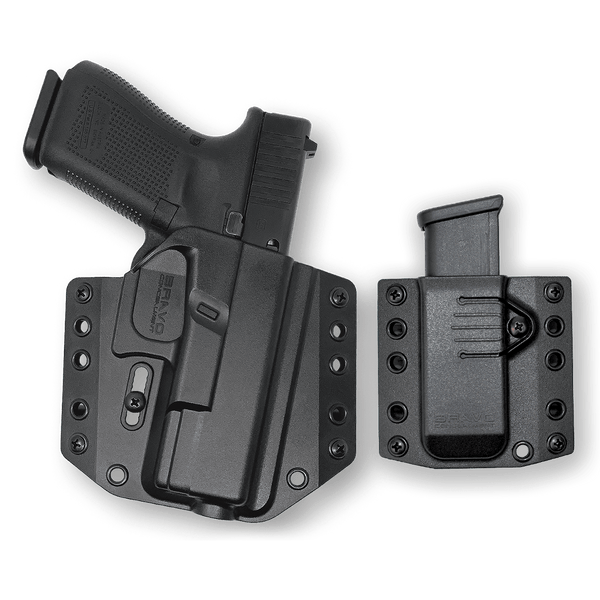
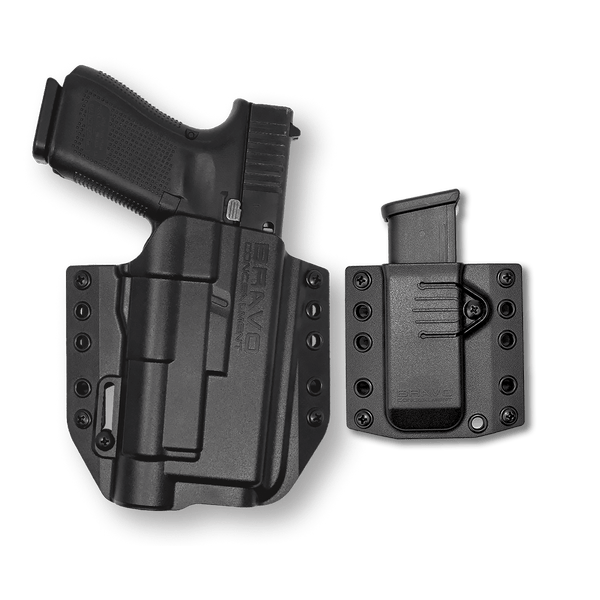
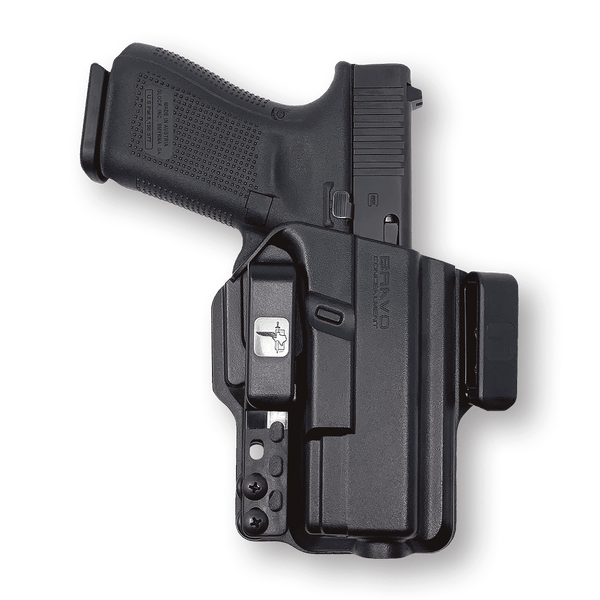
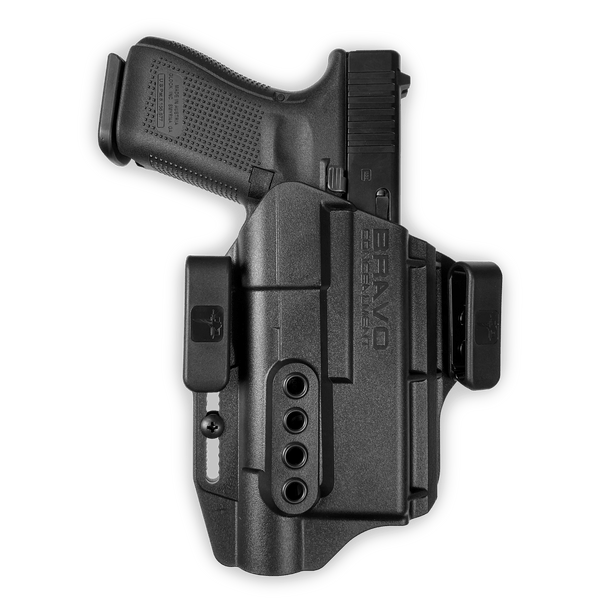
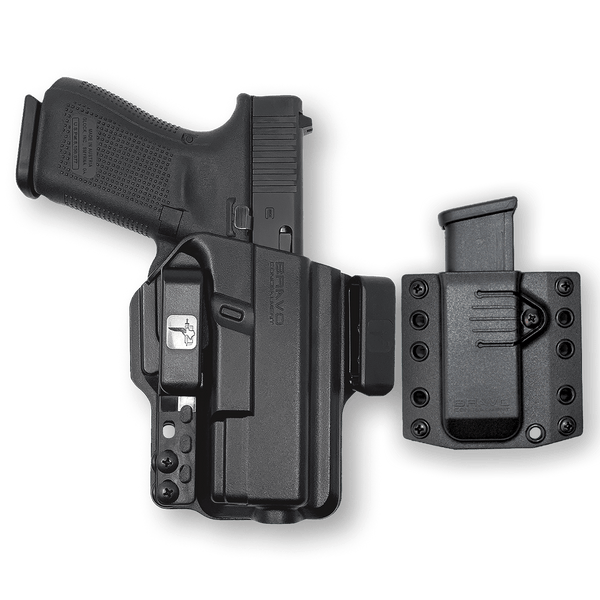
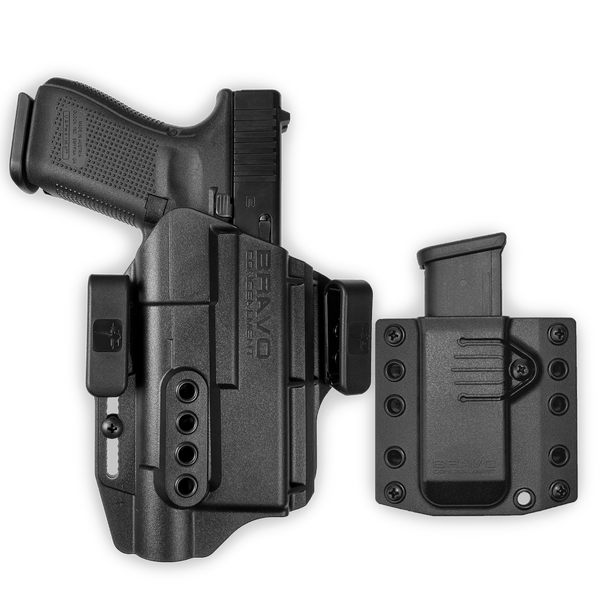
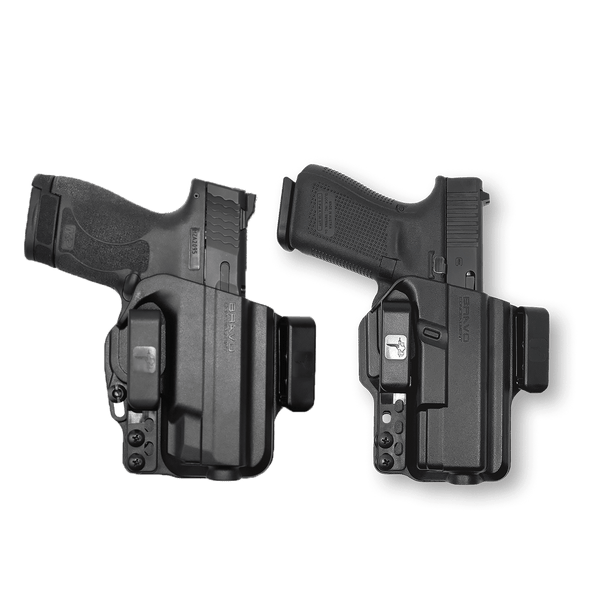
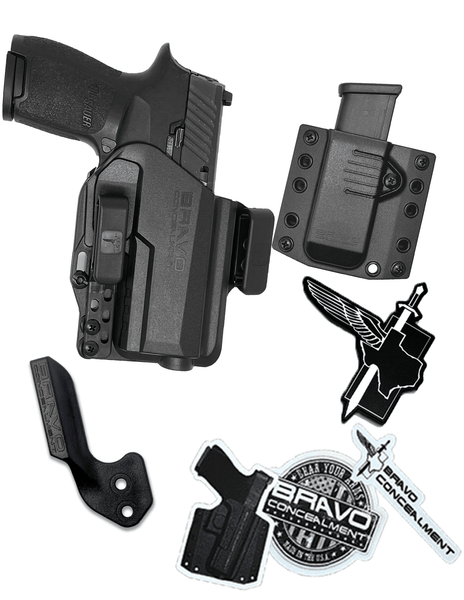
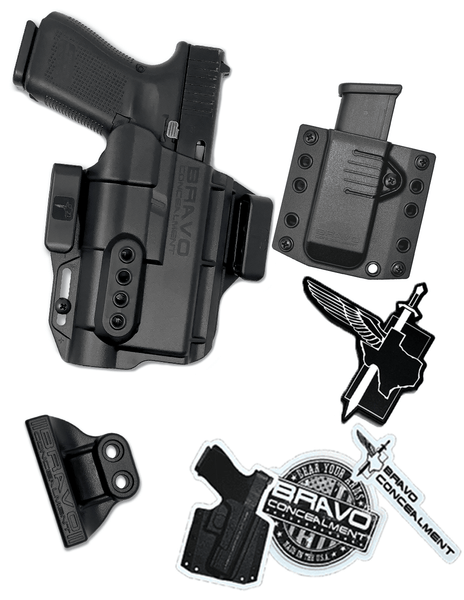
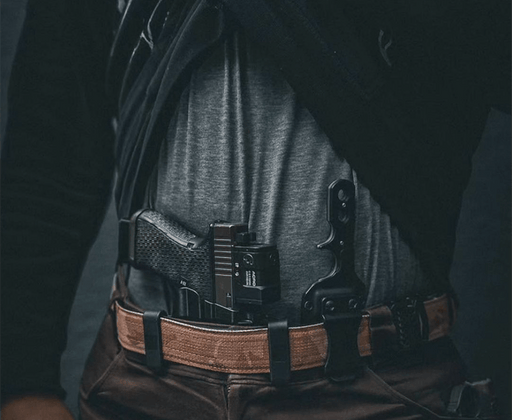
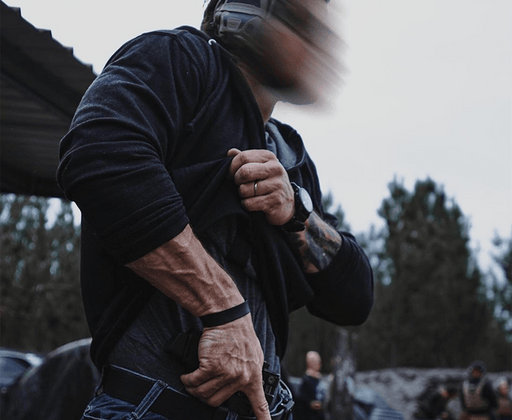
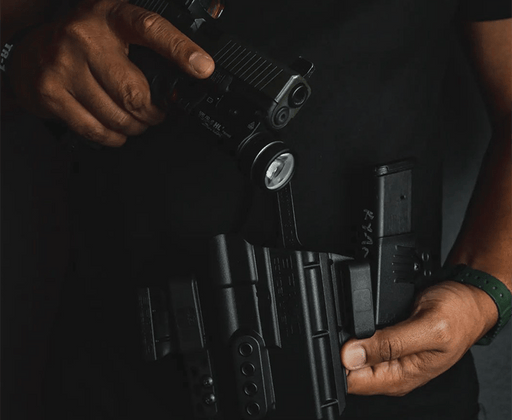
Leave a comment
3 comments
Well written and has all the facts as to a person’s proper actions. You want to always break away if possible.
Great article. Believe me many need to read/hear these words. I purchased my first handgun in the late 70s. When Virginia went from a “May Issue” to a “Shall Issue” state I immediately applied for my concealed handgun permit. Note that I said handgun instead of weapon. There is a distinct difference in Virginia between the two. Try to conceal anything other than a handgun and you are asking for trouble.
One subject that in my opinion isn’t emphasized enough are your responsibilities as a holder of a concealed permit. Carrying a gun doesn’t make you Deputy Barney Fife. Remind people that there is no such thing as a citizens arrest. Don’t let your having a gun on your person make you throw away your common sense.
Not a long time CC carrier just got my permit. Having read a lot of articles posted throughout all blogs i have read, i have convinced my wife to obtain her FOID and to go shooting with me (we go every Saturday evening and she is loving it). She has graduated from a 22 to a 380 still trying to find the right fit for her though. All i can say say is most of what i have read goes to what everone is saying Avoid, Run, Shoot. Keeping thoose three ideas in mind helps me to go through my scenarios that can be upcoming and happening at anytime. It makes you more aware of your surrondings and responsibilities should you have to pull you gun and use it. I am planning on taking more classes at my local range though. Still have not chambered one in the gun yet, taking precautions against accidental discharge. Next up is taking the Grandkids to some early basic getting used to gun classes.